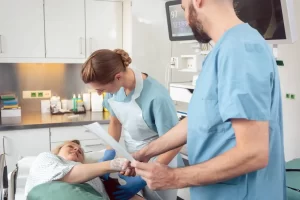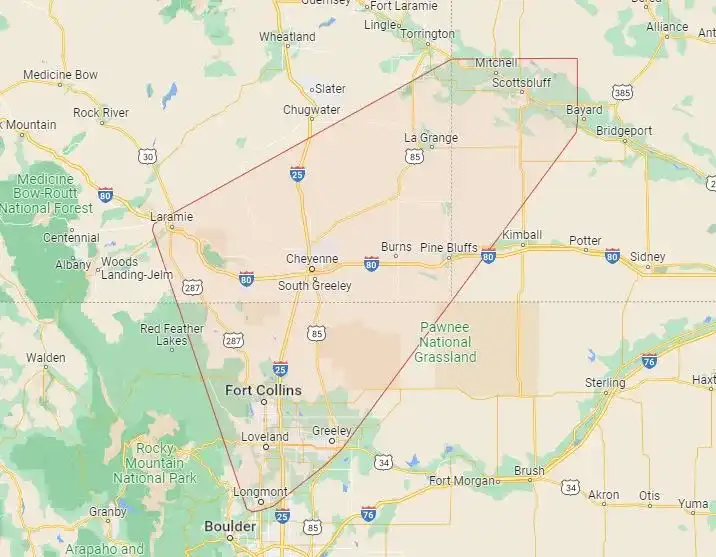ERCP

ERCP is an advanced endoscopic procedure for intervention on the biliary system or pancreas. The most common indication for ERCP is bile duct stones causing biliary obstruction or pancreatitis.
Other indications include malignant biliary obstruction, chronic pancreatitis, bile or pancreatic duct leaks, and many other indications. The procedure usually lasts about one hour and is performed under general anesthesia. Since there are no incisions, patients usually go home a couple of hours after the procedure.
Colonoscopy
This is an examination of the rectum and sigmoid colon.
Sigmoidoscopy
This allows doctors to examine the inner rectum.
Enteroscopy
This is the examination of the small bowel.
Percutaneous Endoscopic Gastrostomy
This is an endoscopic procedure to place a feeding tube into the stomach.
Endoscopic Ultrasound
This is the examination of the upper GI tract to perform ultrasound of the pancreas or biliary tract. It can be used to perform biopsies in this area.
Endoscopic Retrograde
Cholangiopan-creatography (ERCP)
This is an endoscopic procedure to perform interventions on the biliary tract or pancreas.
Before surgery
Endoscopic procedures are relatively quick and safe. Dr. Joshua Tierney, MD, will discuss the procedure and it’s indications in detail during consultation either in the clinic (if it is an outpatient procedure) or the hospital ward (if it is outpatient). The risks of ERCP include: bleeding, perforation, pancreatitis, and failure to cannulate the duct of interest. Depending on the indications for the procedure, patients can often be discharged after a few hours of recovery if there are no complications.
General guidelines to prepare for ERCP:
- Don’t eat or drink. An empty stomach is necessary for safe general anesthesia. Typical guidelines recommend nothing to eat or drink from midnight the night before the planned procedure.
- Arrange for a ride home. All patients need a ride home after general anesthesia. They will be instructed to have someone drive them home after the endoscopy is complete.
- Discuss medications. Patients who are taking medication should inform Dr. Tierney. They may also want to discuss medication allergies and pain management preferences.
After surgery
After surgery, patients are given some time to recover and are monitored for possible complications. They are taken to recovery rooms where they can sleep or rest until the anesthesia wears off, and Joshua Tierney, MD, feels they are able to go home safely. Once at home, patients should continue to relax and take any medication prescribed to them as directed by Dr. Tierney.
Patients may experience some discomfort after the endoscopy procedure, such as bloating, pain, pressure, cramping, sore throat, and gas. These are common symptoms and should subside within a few days. Patients who experience more severe symptoms should notify Dr. Tierney immediately to make sure they are not having a complication. While complications are rare, they are possible. The sooner a problem is treated, the less likely it will become severe. Patients should contact Dr. Joshua Tierney, MD, if they experience any of these problems:
- Vomiting with blood or bloody stool
- Severe pain in the upper abdomen
- Jaundice
- High or sudden fever
- Chest pain or pressure
- Trouble breathing or wheezing
- Difficulty swallowing or speaking
Why You Should Choose Dr. Tierney For ERCP
Dr. Joshua Tierney, MD, is the only surgeon in Northern Colorado who performs ERCP. He is one of only a few physicians in the region who completed advanced fellowship training in ERCP. As such, he is more equipped to perform highly complex and difficult cases. Patients should inquire if their physician has completed a fellowship in advanced endoscopy when considering their options. In addition, having a surgeon who performs ERCP is a great advantage to patients as many times necessary surgical procedures (such as removing the gallbladder) can be performed together with ERCP under a single anesthesia which speeds recovery and shortens hospitalization times.


